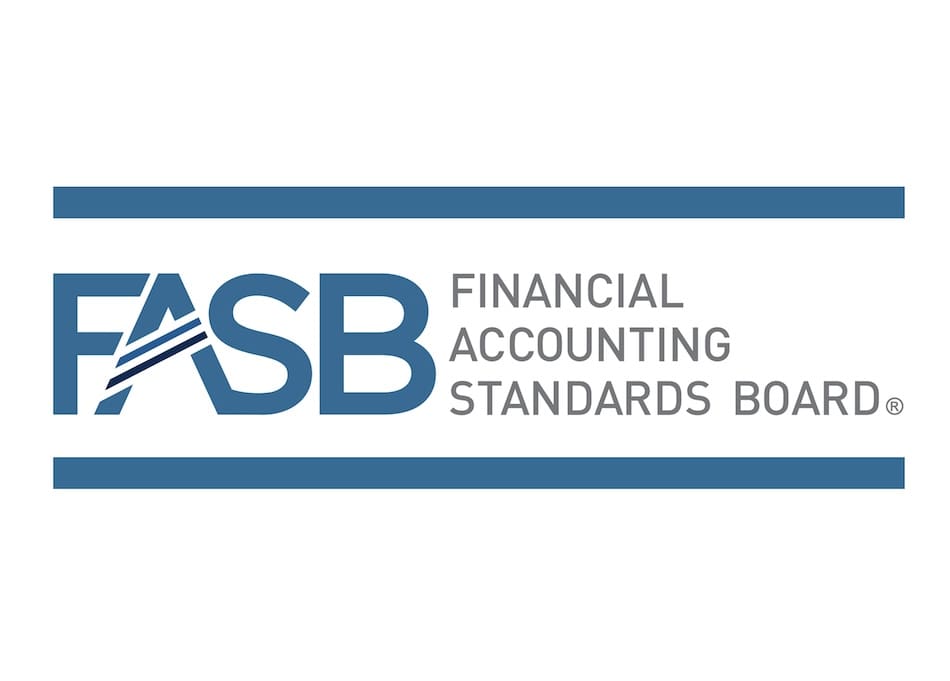
Key Takeaways
- FASB's fair value rule requires companies to report crypto holdings at market value.
- The rule improves financial transparency and removes impairment testing requirements.
- This update may encourage more companies to adopt Bitcoin as a strategic asset.
The Financial Accounting Standards Board (FASB) has implemented updated fair value accounting rules for cryptocurrencies, effective December 15, 2024.
These rules address longstanding gaps in accounting practices, enhancing transparency and simplifying the corporate reporting of Bitcoin holdings.
New framework
Under the new framework, companies must measure their Bitcoin and other fungible digital assets at fair market value, updating valuations in each reporting period.
Gains and losses due to market price changes will now be reflected in financial statements. Previously, digital assets were classified as intangible assets, allowing impairment write-downs but preventing the reporting of gains unless the asset was sold.
Disclosure requirements
The rule also requires firms to disclose detailed information about their significant crypto holdings, changes during the reporting period, and any contractual restrictions on sales.
Notably, the update excludes non-fungible tokens (NFTs), citing the difficulty of determining their fair value due to their unique characteristics.
Industry response
Financial analysts and industry leaders have praised the change.
Thomas Jeegers highlighted the reduction in business complexity by removing the need for impairment testing, which may encourage more companies to adopt Bitcoin.
Bill Barhydt, CEO of Abra, stated the rules make it easier for S&P 500 firms to hold Bitcoin without permanent markdown risks.
Market impact
The crypto community views the new standard as a critical step toward broader institutional Bitcoin adoption, offering stakeholders clearer insights into risks, performance, and cash flow associated with digital assets.




